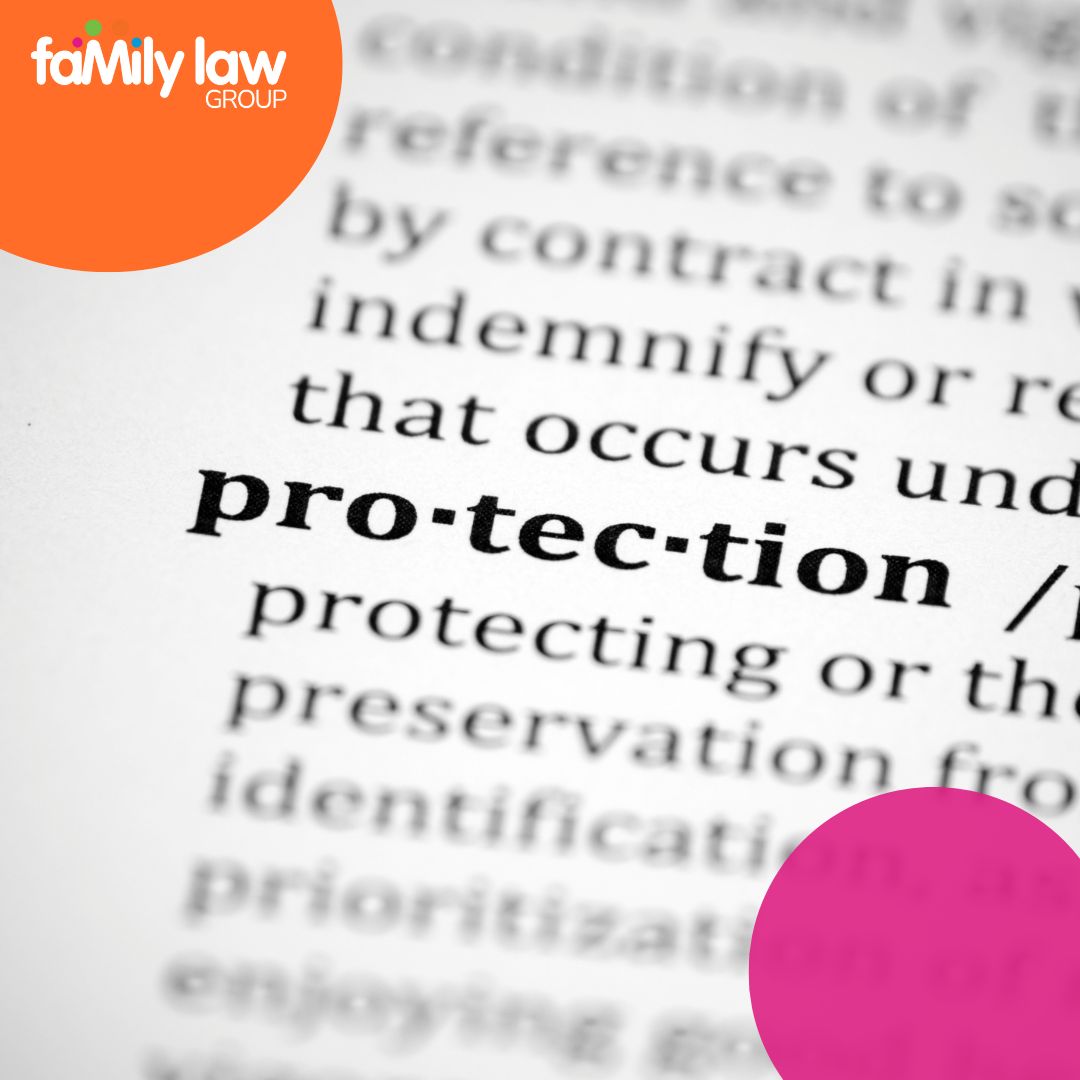.jpg)
🔷Domestic Abuse. Myths protect abusers. Facts protect survivors.
Myth One- Domestic abuse is uncommon.
A lot of victims of domestic abuse can be made to feel isolated by their abuser and feel as though no one around them will understand what they are going through. However, the Crime Survey for England and Wales estimated that 2.3 million people aged 16 years and over experienced domestic abuse in the year ending March 2024.
Myth Two- Domestic abuse is a private matter which should not be spoken about.
In the year ending March 2024, the police recorded 851,062domestic abuse-related crimes in England and Wales. This is significantly lower than the estimated 2.3 million people who experienced domestic abuse and is a decrease compared with the previous year (911,248). This is highlighting that people are not speaking up about what they are experiencing. This can often be due to shame, fear for their safety, or a belief that their abuser will not be prosecuted, and no one will listen.
Too often, victims disclose their abuse and feel that no one is listening to them. That’s why charities such as Women’s Aid have developed schemes such as ‘Change that Lasts’ which is an invaluable service that provides necessary resources and support to survivors of domestic abuse. There are so many organisations that are campaigning to ensure domestic abuse survivors voices are heard and get the vital support that they need.
Myth Three- Only women can be victims of domestic abuse/women cannot be domestic abusers.
It is a misconception that women cannot be domestic abuser sand that men cannot be victims. This myth has led to male victims feeling alone, and ashamed to report this.
The fact is that women can perpetrate abuse. These myths centre around a stereotype that men have to be stronger than women, and that they cannot be seen to be weak. This dangerous misconception leads so many men to feel that they cannot report the domestic abuse that they have experienced.
The Crime Survey for England and Wales estimated that712,000 men experienced domestic abuse. Another research study found that one in four lesbian and bisexual women have experienced abuse in a relationship and that two thirds of them said that the perpetrator was a woman.
Myth Four- It is normal for couples to argue. It is just an argument, not domestic abuse.
It is normal in a relationship for couples to have different opinions, but abuse is not just a disagreement. Domestic abuse involves the use of physical, sexual, psychological or emotional abuse or threats in order to have control over the other person.
Where there is domestic abuse, this is not simply a disagreement. There is no equality in these discussions. There is a fear of saying something ‘wrong’, a fear of a bad reaction.
Myth Five- It cannot be that bad if you have not left the abuser.
A lot of people believe that victims should leave the abuser and that it cannot be ‘that bad’ if they don’t. However, it is not that simple.
There are so many reasons why someone might stay in an abusive relationship. For example: they may think the behaviour is normal; they may feel isolated and that if they leave, they will have no one; they fear for their safety; they are not financially able to leave; or they may fear being homeless.
The fact is, not every case of domestic abuse looks the same. What one domestic abuse victim has experienced may be completely different to what someone else has experienced. It is so easy to see what someone has gone through and think ‘my situation is not that bad so it cannot be domestic abuse’ but this is not the case.
There are many organisations which can offer victims help and support, including Refuge and Women’s Aid and here at Family Law Group, we can help you with the legal side of things.
If you or someone you know is experiencing domestic abuse, please speak up and get in contact with us. We are always here to help.
Article written by Jessica Atkinson, Family Law Direct.

.jpg)

.jpg)
.jpg)

.jpg)



